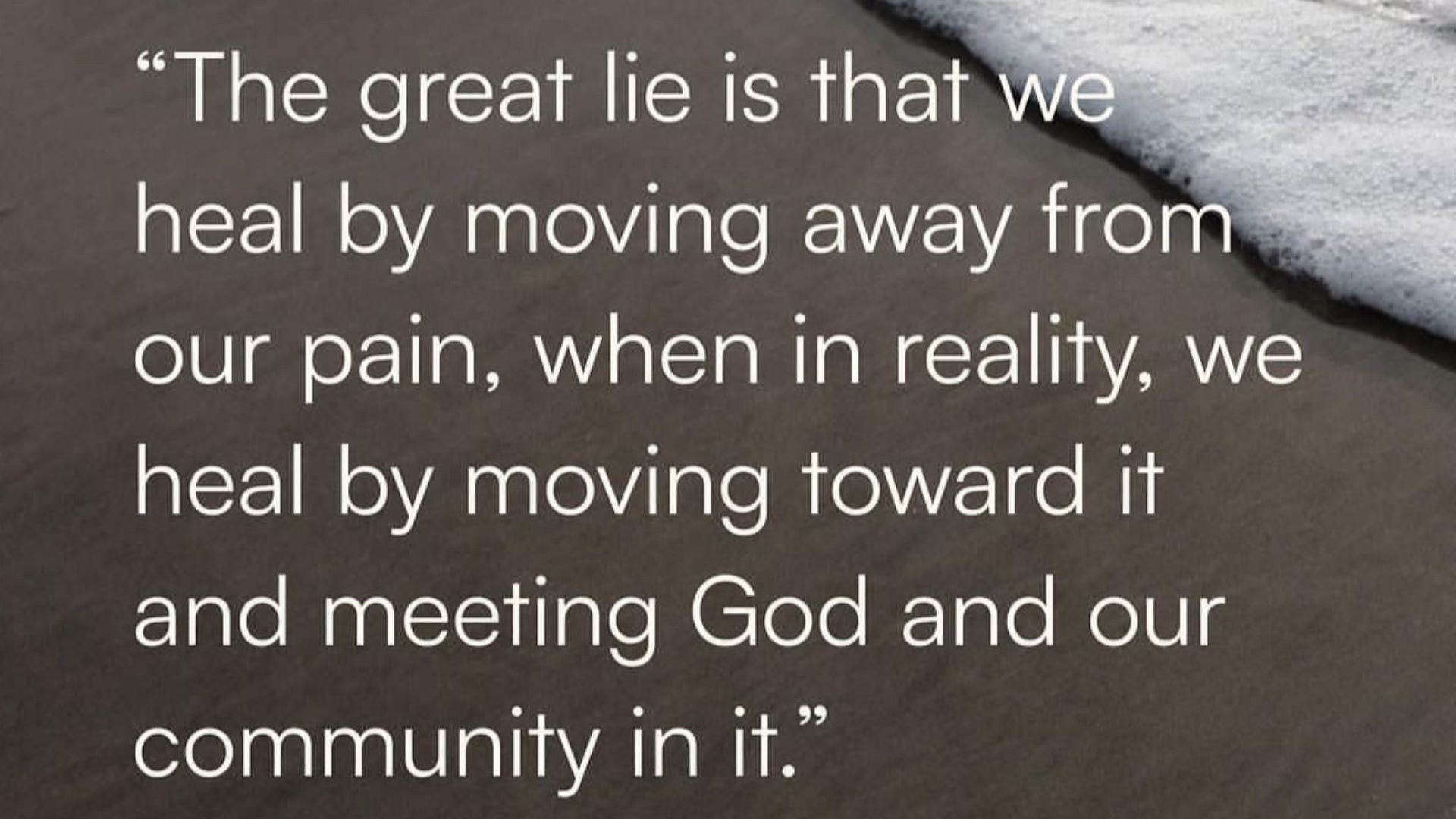Empathy, Compassion Fatigue & The Need to Disconnect
"Bear one another's burdens, and so fulfill the law of Christ.” Galatians 6:2 ESV
“Everything can be taken from a man, but the last of the human freedoms: to choose one’s attitudes in any given set of circumstances.” –Viktor Frankl
As I write this post, I am struck by the horrors happening in Israel and Gaza at the moment. For me, seeing images and videos of others’ pain and suffering led me to reflect on empathy - how and why it can be so intriguing to get invested, and why and how disconnection can play a key role in preserving our souls.
Life is full of things out of our control. Often it is more beneficial to focus on what is within our power to control.
So I began to wonder: Why don’t we often run to empathy in the first place?
We might prefer avoidance. If they are experiencing it and it is negative, what would make me want to jump in, or even learn about what they are going through? Or maybe we naturally run to indifference. Truly, it takes a kind of deep unseen work to take on another’s perspective.
All of us have a certain measure of compassionate response in us, and compassion fatigue - or secondary traumatic stress - is a real condition.
The understanding that exposure to the trauma of others could put people at risk has long been understood—historian Samuel Moyn has said, “Compassion fatigue is as old as compassion,” but the term was coined by historian Carla Joinson in 1992, and further defined and researched by psychologist Charles Figley, who describes it as “a state of exhaustion and dysfunction, biologically, physiologically and emotionally, as a result of prolonged exposure to compassion stress.”
Although the COVID-19 pandemic taught us many things (and for some it was vastly different lessons than for others), we learned that though we crave health and long life - sometimes these things are elusive. It is often not up to us where and when life starts and death begins.
When we witness the trauma of others, where are we to go? What are we to do?
Every plane flight speech from a flight attendant reminds us that in crisis situations, self-care often proceeds care for others. And so, we can turn inward, outward, and upward.
There are often difficulties with turning inward, examining our own heart and what we find there. Who doesn’t want to care for others? For counselors and first responders, we often need to be needed. If we come face to face with others’ suffering, we can wonder - will they be okay without our intervention?
One practical way we can make space for internal examination is to regularly delete apps that are triggering. Like the man hiking in the beginning image of this post, regular disengagement can be helpful, but so can setting down the things that burden you. If anything, don’t pursue isolation. Try to pursue solitude.
Image and quote are from www.practicingtheway.org
Moving outward toward others often involves a sense of discernment to find safe, trusted individuals. It doesn’t have to be a therapist, but often the right listening ear can provide a world of relief.
Lastly, when we choose to move upward toward God who has far greater capacity to hold - and even relate to - the human suffering we alone cannot bear, we can find peace. David wrote many of the Psalms. Have you ever considered writing your own? Peter reminds us to “cast (our) anxieties on him, because he cares for (us)” (1 Peter 5:7).
Empathy is noble. But if you believe in God, so is praying for others facing great difficulty.
Ultimately, do we disconnect from society altogether? Maybe, but only for a time. Likely, we will re-engage - and often the question we wrestle with in this stage is the when. When we re-engage with others though, we trust that it will be from a place of refreshment, of fullness and with a profound sense of wholeness - remembering what brings us a sense of deep compassion in the first place.


